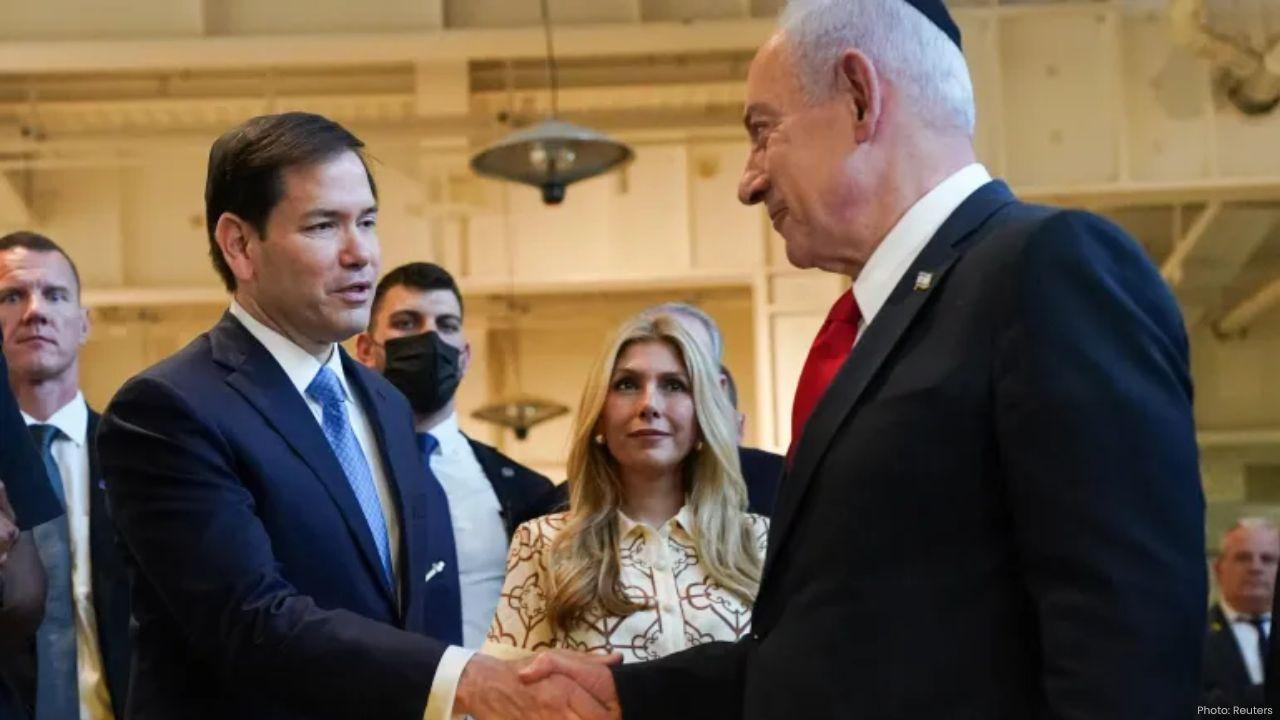
Post by : Mumtaaz Qadiri
United States Secretary of State Marco Rubio arrived in Israel to meet with Prime Minister Benjamin Netanyahu. His visit comes after Israel carried out an unprecedented strike on Qatar last week. This attack has caused rising tensions in the Middle East. An emergency session of the Arab-Islamic summit is planned in Doha on Monday to discuss the situation. Meanwhile, Israel continues its military operations in Gaza.
Rubio’s trip began on Sunday and follows criticism from US President Donald Trump regarding Israel’s failed strike on Hamas leaders in Qatar. The situation has drawn international attention, with many countries condemning the attack.
Meeting At The Western Wall
During his visit, Rubio went to the Western Wall in Jerusalem with Prime Minister Netanyahu and US envoy Mike Huckabee. Netanyahu described the US-Israel alliance as “durable as the stones” of the holy site. He said that under President Trump and Secretary Rubio, the relationship has never been stronger.
Rubio emphasized that while President Trump was unhappy about the Qatar strike, it would not change the long-standing relationship between the US and Israel. The leaders also discussed how the strike could affect ongoing efforts to bring a truce to Gaza.
Focus On Ending The Gaza War
Rubio explained that President Trump wants the war in Gaza to end quickly and effectively. The goal is to secure the release of all 48 hostages held by Hamas, stop Hamas from being a threat, and then move forward with rebuilding Gaza. Discussions include questions about who will oversee rebuilding, who will fund it, and how to maintain security so Hamas cannot return.
Rubio said that his main priorities during the visit are the safe return of hostages, ensuring humanitarian aid reaches civilians, and addressing the threat posed by Hamas. He also said he would discuss the impact of the Qatar strike on peace efforts in the region.
Addressing International Criticism
From Amman, Jordan, Al Jazeera reporter Hamdah Salhut explained that part of Rubio’s visit is “damage control.” Israel’s strike on Qatar has been widely criticized worldwide. The US and Israel are not completely aligned on messaging about the strike. Netanyahu has suggested such actions may not be isolated, despite US promises that similar strikes will not happen again.
The Qatar strike targeted Hamas leaders who were in Doha to discuss a new ceasefire proposal with the United States. The leaders survived, but six people, including a Qatari security officer, were killed. The strike disrupted peace talks brokered by Qatar and received broad condemnation from Arab nations.
US And Qatar Continue Peace Efforts
Despite the attack, both the United States and Qatar have stated their commitment to continue working for peace in the region. Rubio’s discussions with Israel aim to find ways to resume dialogue and advance efforts for a ceasefire.
Netanyahu has publicly said that Israel wants Hamas leadership removed from Qatar because, in Israel’s view, Hamas is not truly committed to peace. This will be a key topic during Rubio’s visit.
The Situation In Gaza And West Bank
Meanwhile, Hamas has said it is ready to release all captives and hand over control of Gaza to an interim Palestinian administration. In exchange, Hamas wants an end to the war and a full withdrawal of Israeli forces from Gaza.
Prime Minister Netanyahu, however, has taken a hard stance. He has called for the expulsion of Gaza’s population and continued expanding settlements in the West Bank. Netanyahu has signed agreements that could make it nearly impossible for a future Palestinian state to exist. Israeli media reported that he will hold a security meeting to discuss captives held in Gaza.
Global Response And UN Actions
On Friday, the United Nations General Assembly voted in favor of reviving the two-state solution, defying Israel’s opposition. Several Western nations, including France and the United Kingdom, are expected to recognize Palestinian statehood because of Israel’s actions in Gaza and the West Bank.
International condemnation of Israel’s strike on Qatar and ongoing military actions in Gaza has grown. The US and Israel must now navigate the complex situation while attempting to restore trust and restart peace talks.
Next Steps And Challenges
Rubio’s visit shows the complexity of the Middle East conflict. Discussions will include the safe return of hostages, resumption of ceasefire negotiations, delivery of humanitarian aid, and long-term solutions for security and rebuilding Gaza.
The visit highlights the challenge of balancing US support for Israel’s security while responding to international criticism. How Israel, the US, and Arab countries handle these issues will affect regional stability for years to come.
Humanitarian Concerns And Aid
The humanitarian situation in Gaza is critical. Civilians need urgent access to food, water, medical supplies, and shelter. Rubio emphasized that ensuring humanitarian aid reaches those affected is one of his key priorities. Any reconstruction plans will also need to focus on improving living conditions and protecting people from future conflicts.
Rubio’s visit may help coordinate international efforts to support aid distribution and ensure that the rebuilding of Gaza can start quickly and safely once hostilities decrease.
Regional Implications
The attack on Qatar has affected relations between Israel and several Arab nations. It has disrupted peace efforts and increased tensions in the Middle East. Rubio’s visit aims to address these issues, reassure allies, and discuss steps for stabilizing the region.
His talks with Netanyahu will likely cover not only Gaza and hostages but also broader regional security, including the future of the West Bank and possible annexation plans. How the US and Israel manage these discussions will have a lasting impact on diplomatic relations in the region.
Marco Rubio’s visit to Israel comes at a critical time. The US wants to support Israel’s security while also promoting peace and humanitarian aid. The Qatar strike, ongoing violence in Gaza, and tensions over the West Bank present major challenges.
The outcomes of Rubio’s talks with Netanyahu will likely influence the future of the Middle East, including hostage releases, rebuilding efforts, and renewed peace negotiations. How well the US, Israel, and other regional countries coordinate will shape the path to stability in the region.
Israel Qatar conflict, Gaza hostages release, US Israel alliance, Middle East tensions
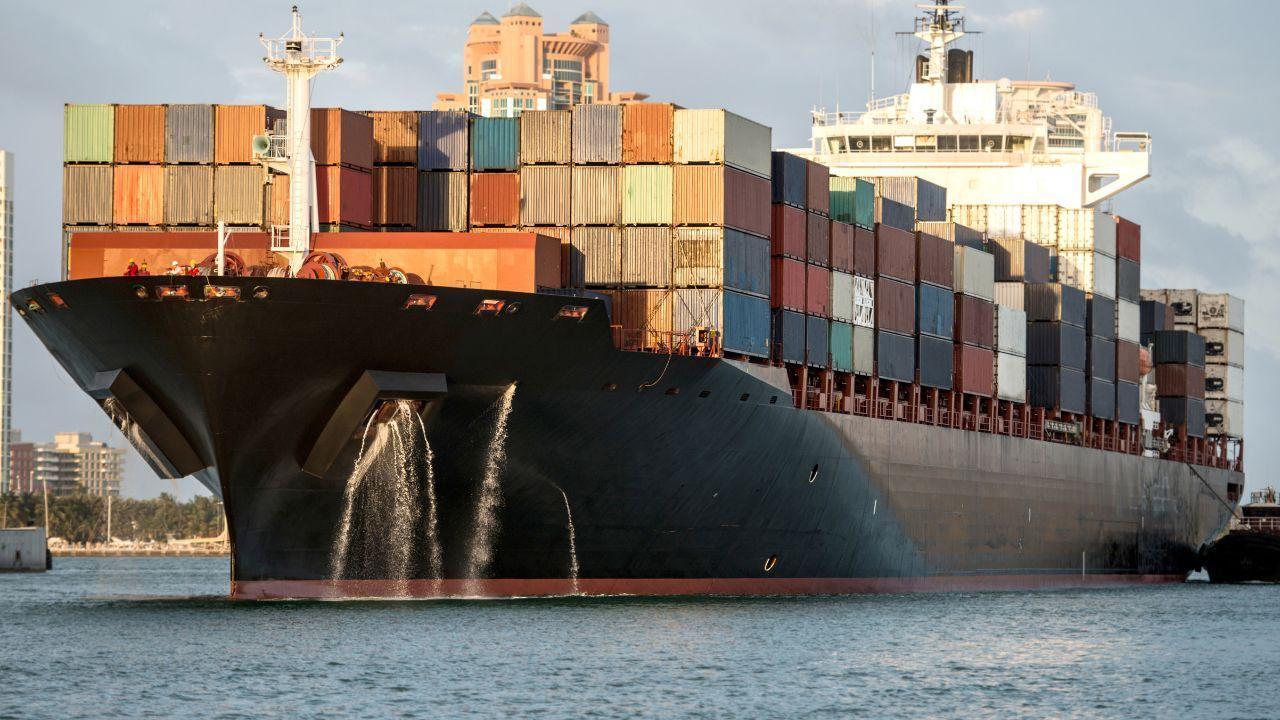
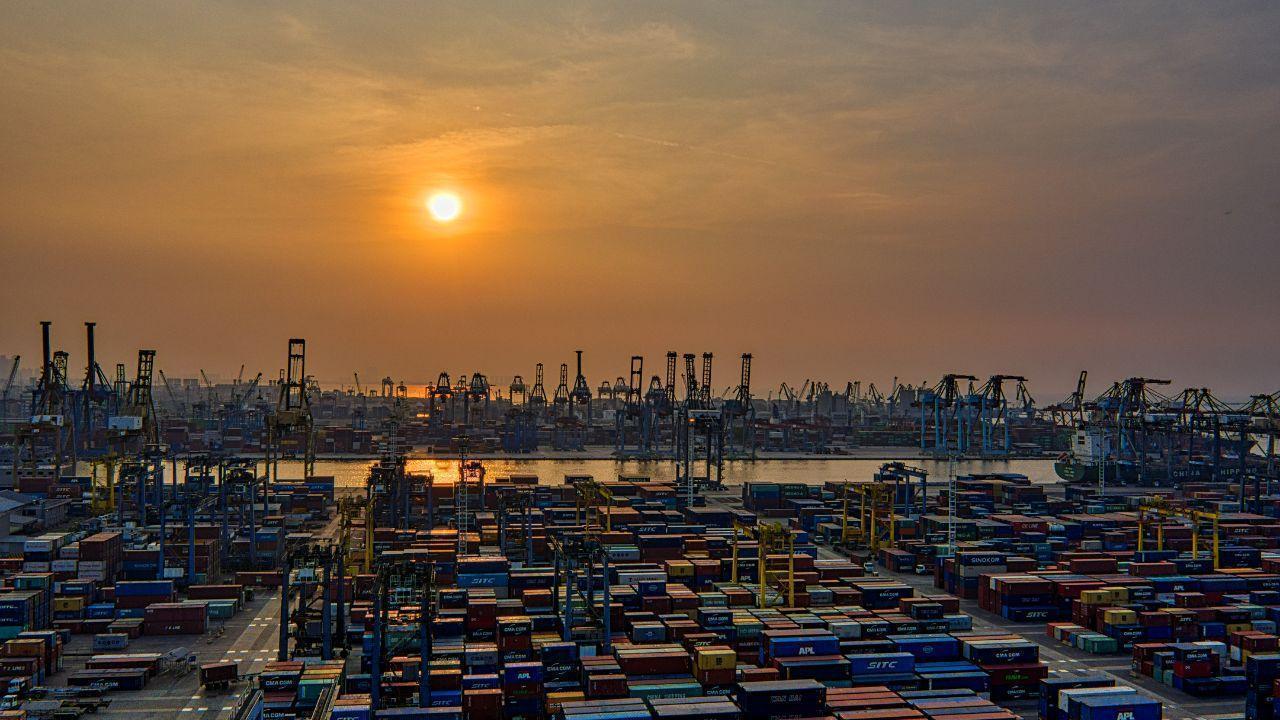

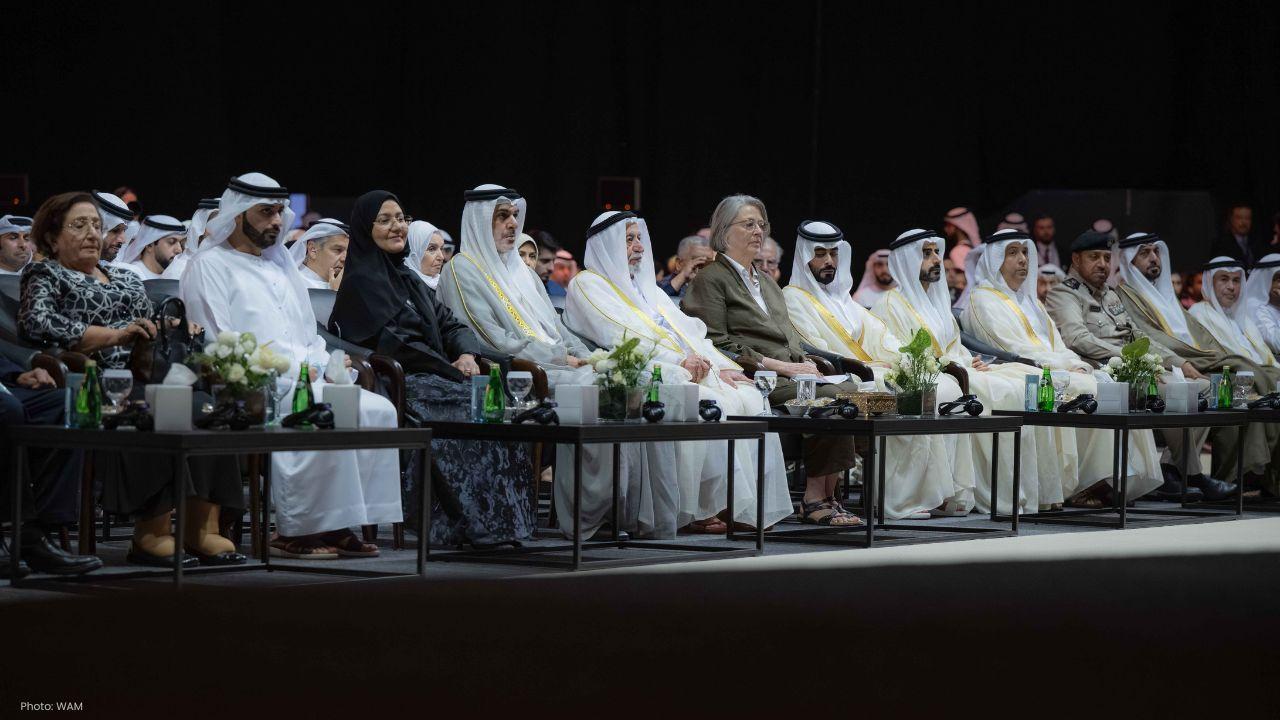
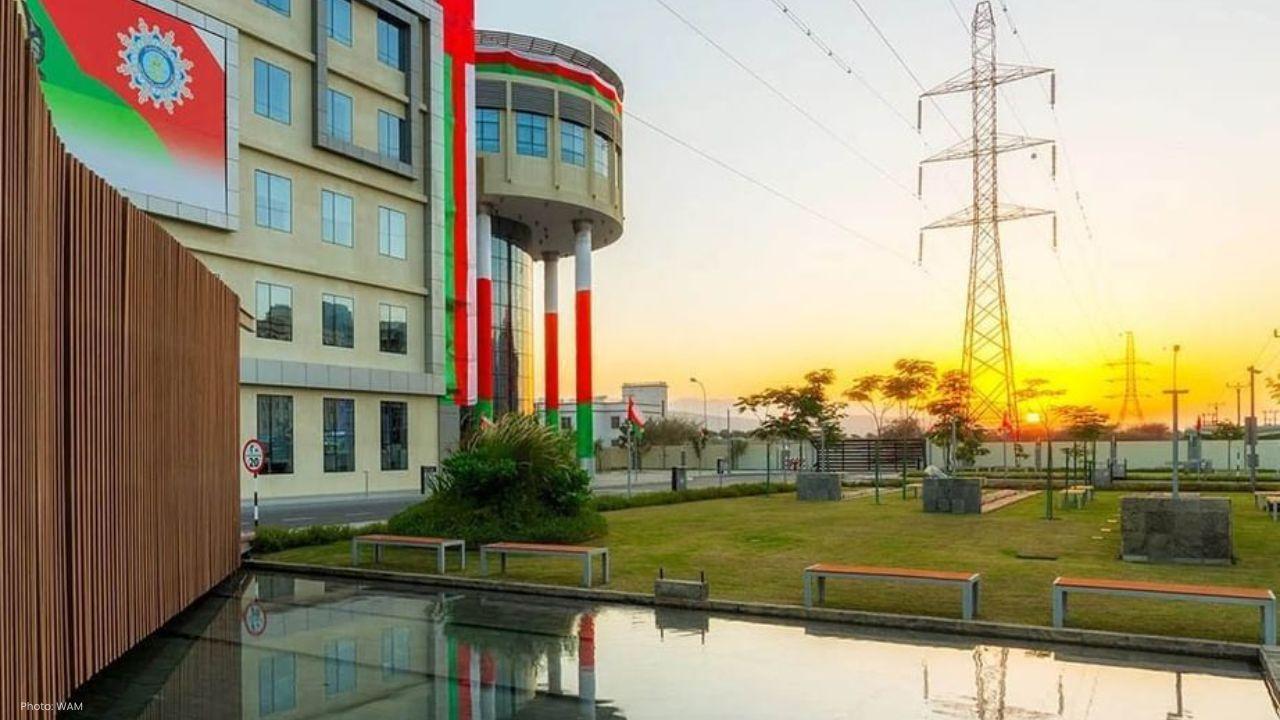
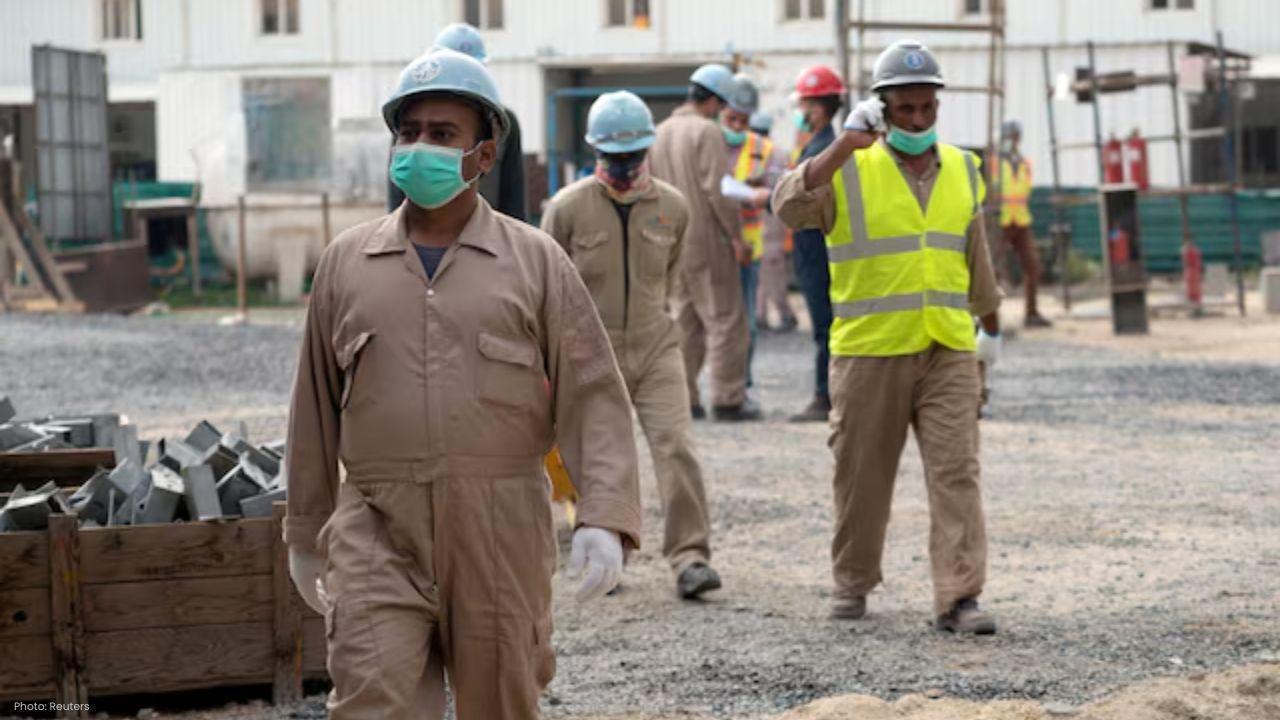
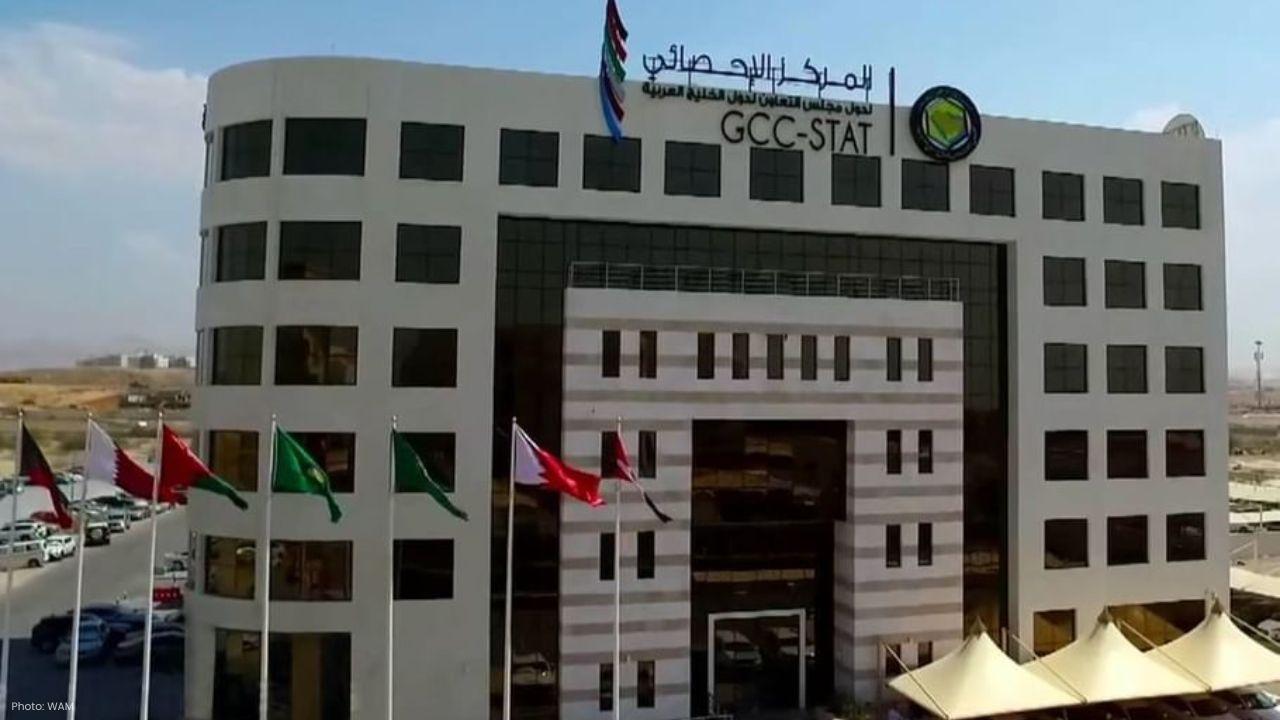
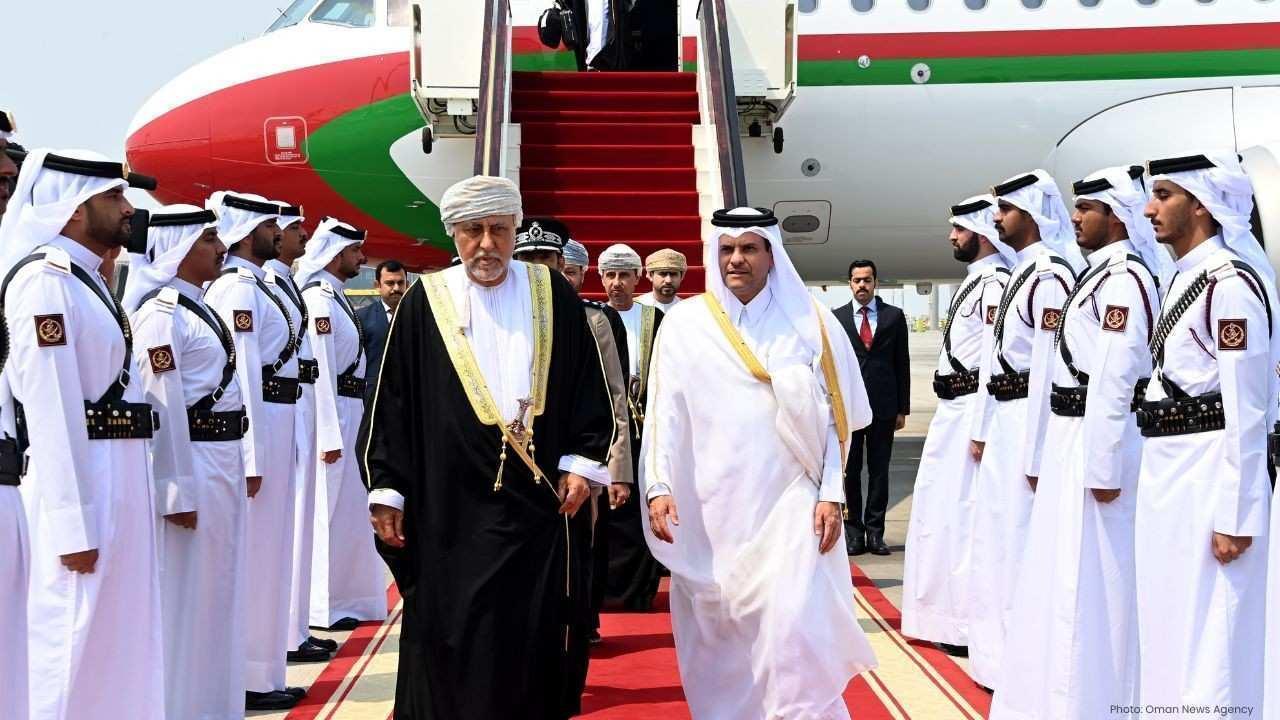


Senior Finance Official Dies In BMW-Motorcycle Accident In Delhi
Navjot Singh, a senior finance official, dies in a BMW-motorcycle crash in Delhi. His wife is critic

OpenAI Grove Program Helps Early AI Entrepreneurs Build Ideas
OpenAI introduces the Grove program to help early-stage entrepreneurs explore AI ideas with mentorsh

US Secretary Rubio Visits Israel After Qatar Strike And Gaza War
US Secretary of State Marco Rubio meets Netanyahu in Israel after the Israeli strike on Qatar, discu
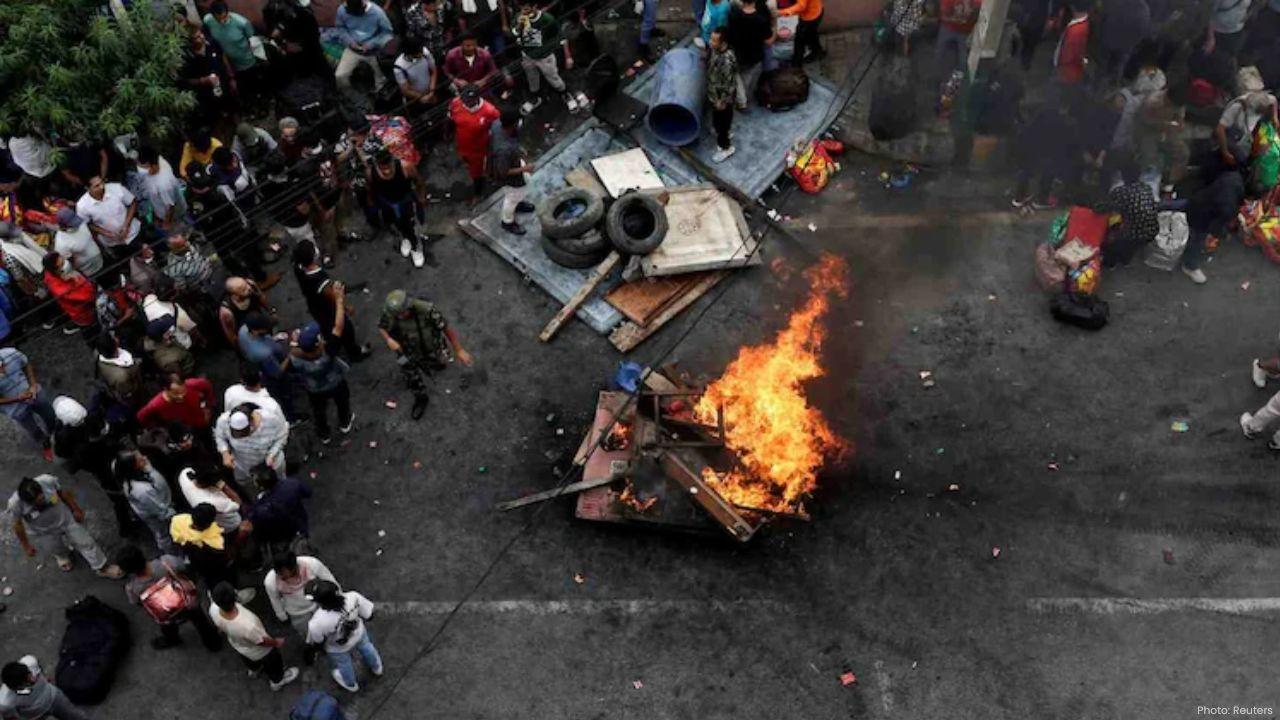
Nepal Youth Lead Deadly Protests That Topple Government
Violent youth-led protests in Nepal force government change, as citizens demand transparency, fight
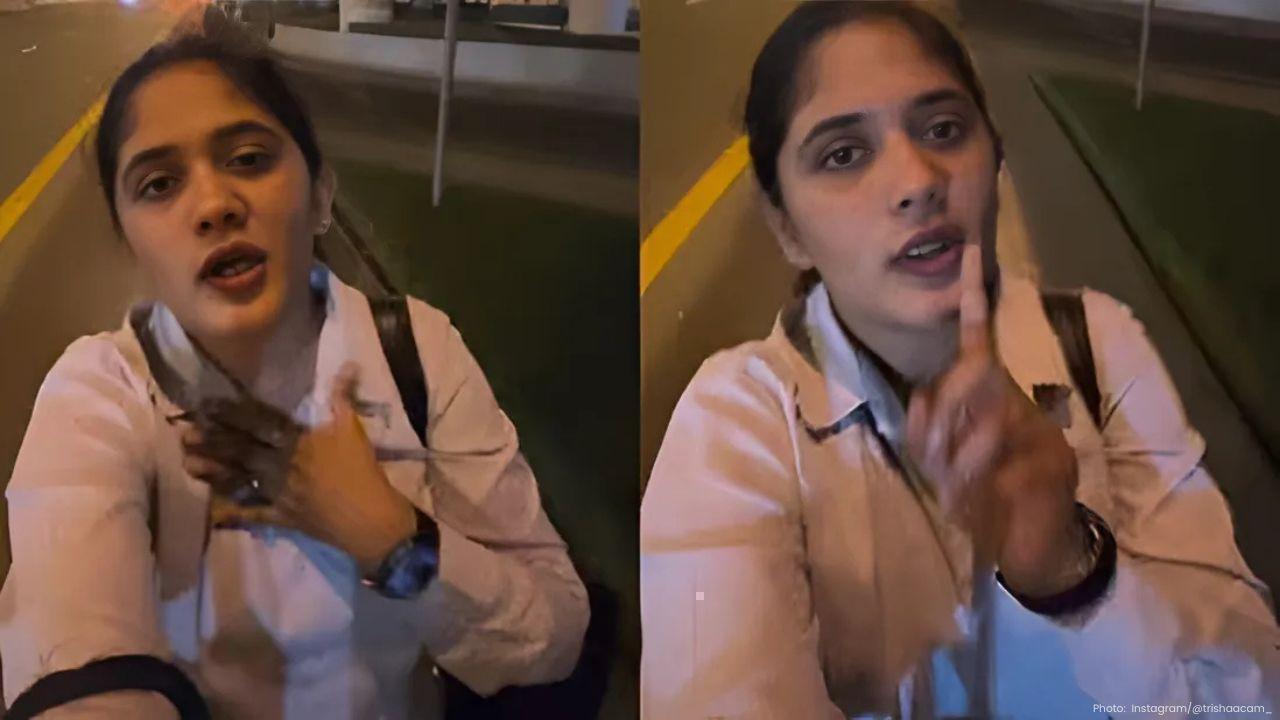
Indian Woman Walks Alone At 2.37 AM In Dubai Praises City Safety
Indian woman shares video of walking alone in Dubai at 2.37 AM, praising women’s safety, freedom, an
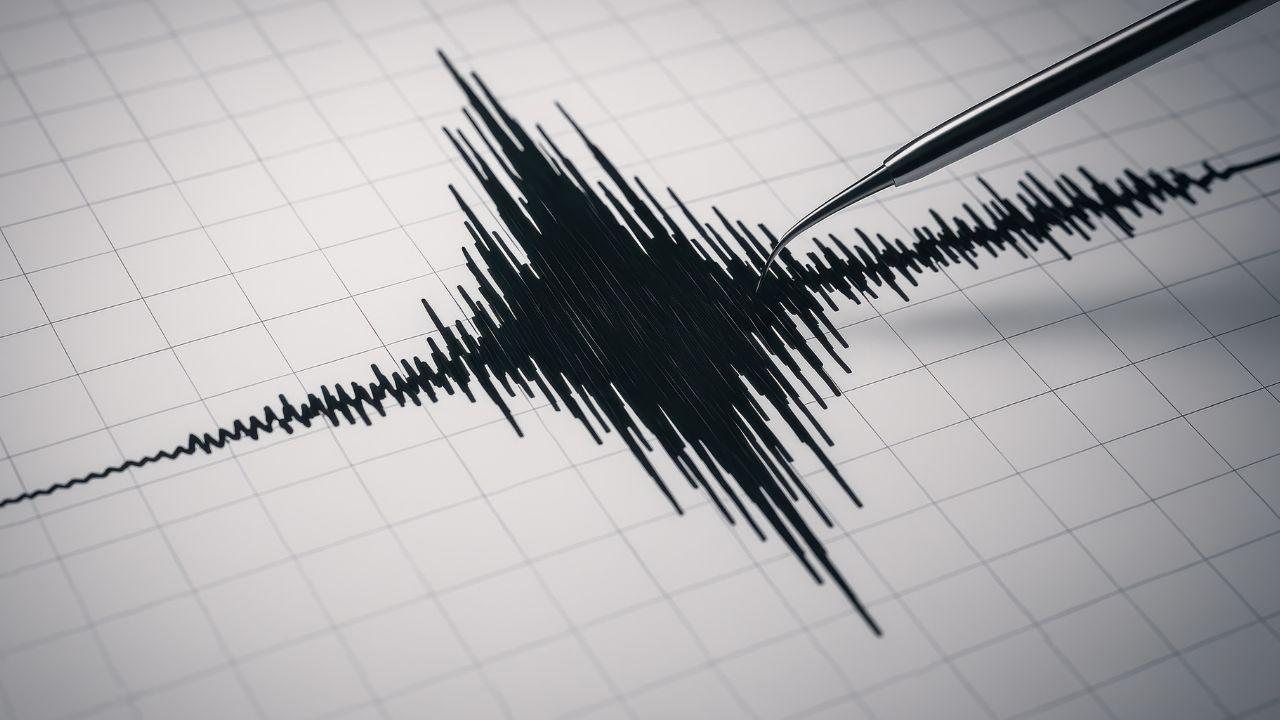
5.8 Magnitude Earthquake Shakes Assam India No Immediate Damage
A 5.8 magnitude earthquake hit Udalguri in Assam, India, causing tremors across the region. Resident